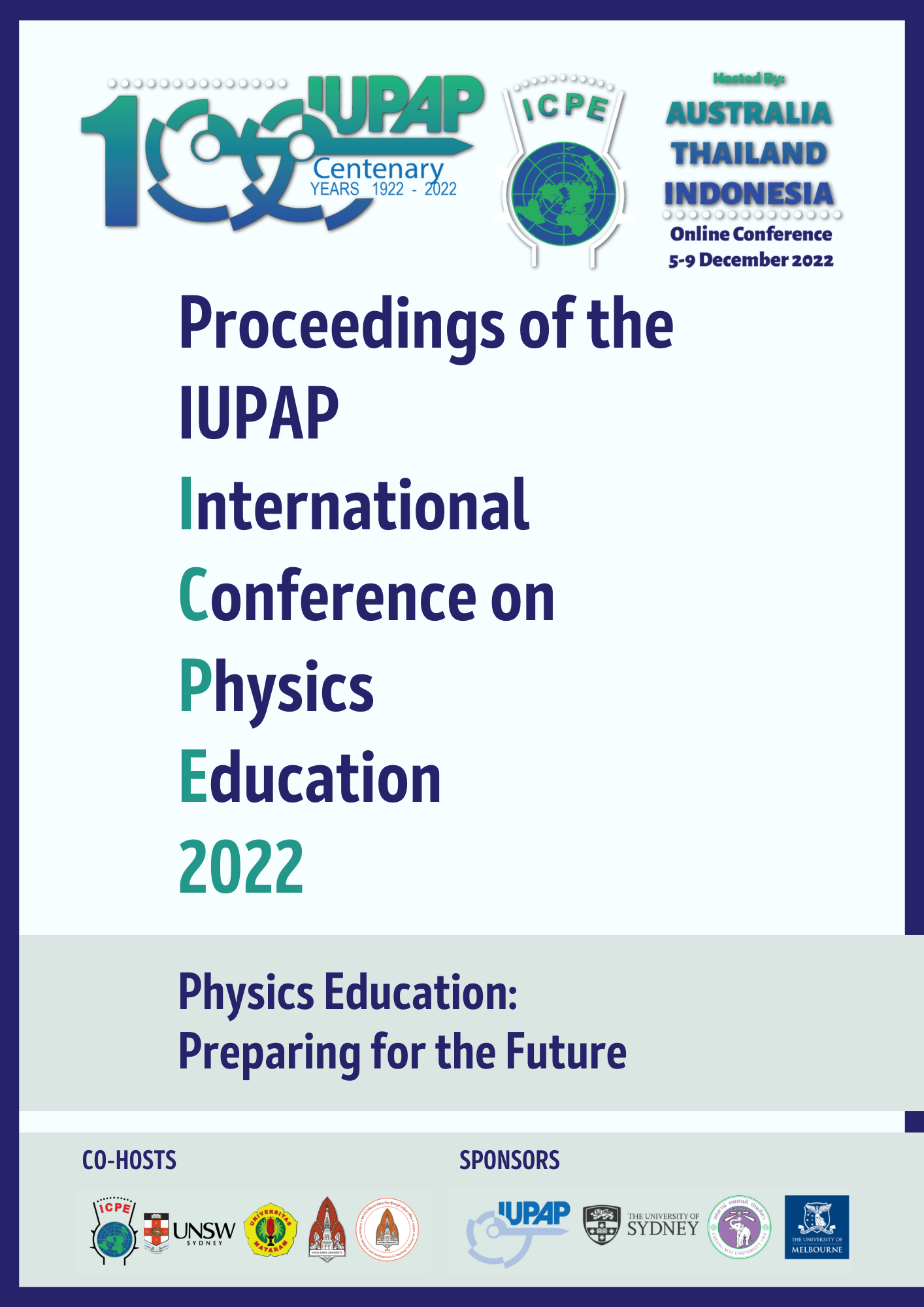A world of smartphone experiments with the app phyphox
Keywords:
experiments, sensors, appsAbstract
SMARTPHONES AS MEASUREMENT DEVICES
The concept of the app phyphox is based on the simple idea that smartphones and tablets come with a plethora of sensors, which can be used for data acquisition in science education. Phyphox was developed at the RWTH Aachen University for this purpose and presents itself as an open source tool with many options to customise data sources, data analysis and data presentation, while not overwhelming students with these options while they use their own devices to discover the world.
Experimentation with device sensors
There are many situations in which these readily available measurement devices can enhance science education. These range from classical educational experiments that can be reproduced with household items (radial acceleration in a salad spinner), over casually discovering the world around us (determine the speed of an elevator with the pressure sensor) to projects on technical applications (build a Pitot tube based on this pressure sensor).
DIY-Sensors with Arduino and MicroPython
Beyond these typical experiments, phyphox can be used in modern microcontroller-based projects. Smartphone sensors can easily be combined with cheap external sensors using an Arduino or MicroPython library for phyphox. This allows us to combine the visualisation capabilities of the phone with the wide choice of sensors of DIY electronics and is accessible even to programming beginners.
Collaborative experiments for large audiences
While these examples are suitable on the scale of typical school classes, the connectivity of smartphones allows us to scale experimental data acquisition to large audiences. Automated data collection and analysis allow for entire lecture halls to participate in live experiments during a lecture and even worldwide experiments to determine Earth’s axial tilt have been demonstrated.
FURTHER READING
Sebastian Staacks, Simon Hütz, Heidrun Heinke, Christoph Stampfer. (2018). Advanced tools for smartphone-based experiments: phyphox. Physics Education, 53(4), 045009. https://doi.org/10.1088/1361-6552/aac05e
Sebastian Staacks, Dominik Dorsel, Simon Hütz, Frank Stallmach, Tobias Splith, Heidrun Heinke, Christoph Stampfer. (2022). Collaborative smartphone experiments for large audiences with phyphox. European Journal of Physics, 43(5), 055702. https://doi.org/10.1088/1361-6404/ac7830
Downloads
Published
Issue
Section
License
Authors who publish with the Proceedings of the International Conference on Physics Education 2022 agree to the following terms:
a) Authors retain copyright and grant the journal right of first publication with the work simultaneously licensed under a Creative Commons Attribution License (https://creativecommons.org/licenses/by/4.0/) that allows others to share the work with an acknowledgement of the work's authorship and initial publication in this journal.
b) Authors are able to enter into separate, additional contractual arrangements for the non-exclusive distribution of the journal's published version of the work (e.g., post it to an institutional repository or publish it in a book), with an acknowledgement of its initial publication in this journal.
c) Authors are permitted and encouraged to post their work online (e.g., in institutional repositories or on their website) prior to and during the submission process, as it can lead to productive exchanges, as well as earlier and greater citation of published work (See The Effect of Open Access - http://opcit.eprints.org/oacitation-biblio.html).
Privacy Statement The names and email addresses entered in the Proceedings of the International Conference on Physics Education 2022 site will be used exclusively for the stated purposes of this journal and will not be made available for any other purpose or to any other party.
